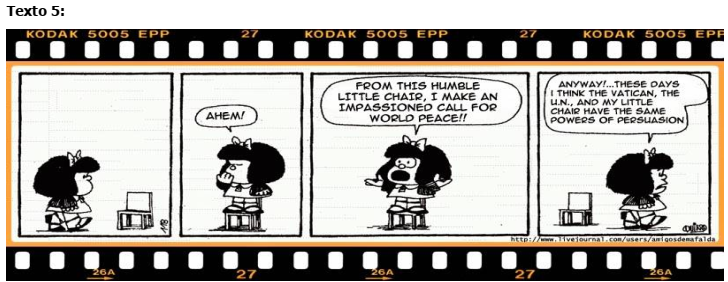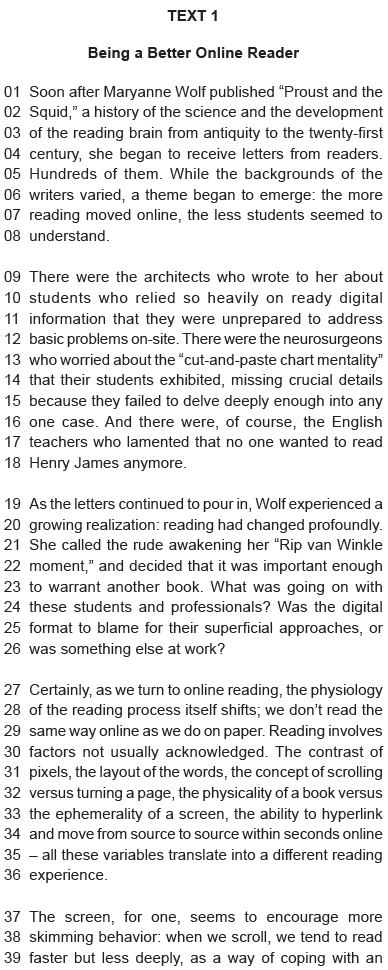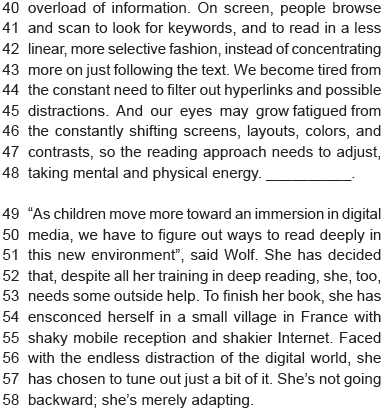Leia o texto para responder à questão.
There is nothing conventional about 17-year-old Michael Fuller’s relationship with music. As someone with high-functioning autism who sees the world through sound, creating melodies from the bustle of the high street or trains on the tracks feels more natural than any social interaction. This hardwired connection to sound has been with him for as long as he can remember.
By the age of 11, Michael could play Mozart by ear, having taught himself to play the piano through a mobile phone app. The app highlighted notes on a keyboard as classical music played. He describes his unusual musical talent as “downloading” music into his head. His mother, Nadine, remembers that as a child Michael would “suddenly pop up and say: ‘I’ve got a symphony’”. Michael took to the piano and found he could quickly perform complex pieces from memory.
“I liked what I was hearing, sought more music and began studying through Google and YouTube,” he remembers. “It was very organic. I would listen in great depth and the music would be implanted in my mind. I could then just play it on the piano – all without being taught.”
Growing up in a family that listened to reggae over classical music, Michael feels “very much aware” of how different his approach is to music – symbolised by the way he taught himself piano as a child. This, his mother says, came as a “surprise to the family and myself – I’d never listened to classical music in my life”.
It was not long after learning to play the piano that Michael started composing his own works. Describing this process as “making music with my mind”, Michael says composing classical symphonies “helps me to express myself through music – it makes me calm”. Michael wants to nurture his song writing to achieve his ambition of becoming a modern mainstream classical artist. He wants to control the creative process, unlike typical modern-day composers, who he says “write blobs on a page, hand it over to the musicians – then say bye-bye and stay in the background and get no recognition”. Instead, Michael is determined to take centre stage.
(Alex Taylor. www.bbc.com, 27.03.2018. Adaptado.)
O trecho do quarto parágrafo “Michael feels ‘very much aware’ of how different his approach is to music” indica que Michael Fuller





